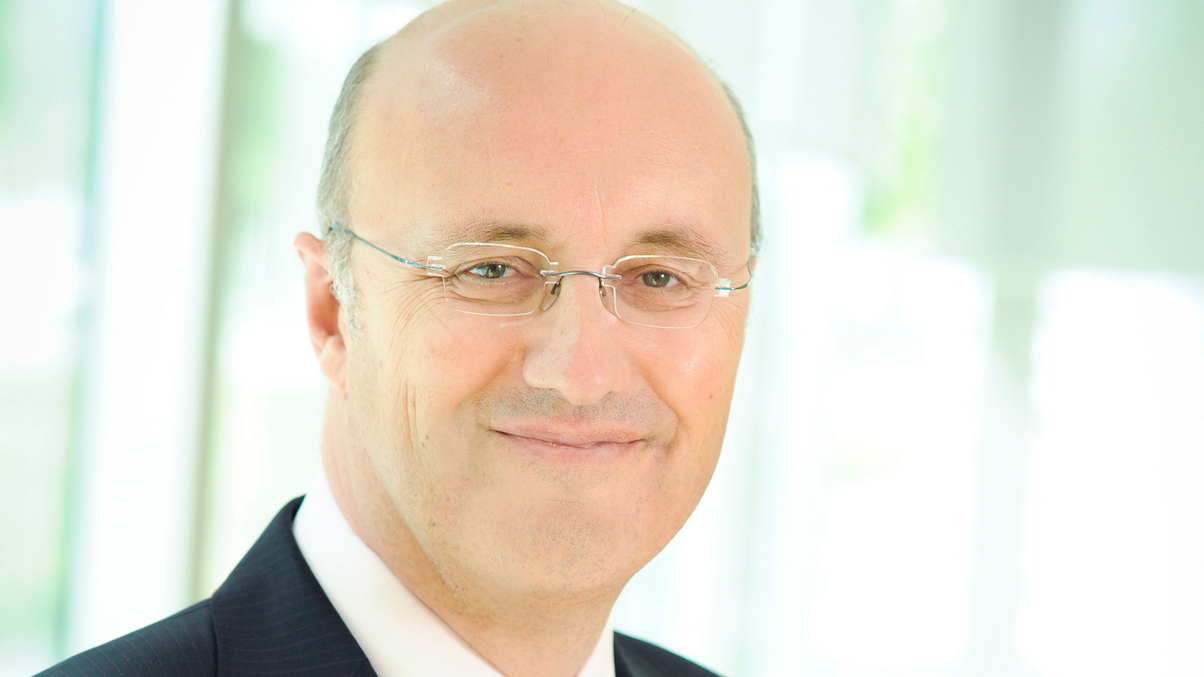Alfi expects mutual recognition deal for Ucits
Ucits product is likely to be part of the mutual recognition scheme within two years, says the head of the Luxembourg funds association, despite a previous attempt to join being rejected by China.

The lobbyist for Luxembourg’s funds industry is confident Ucits product will be permitted into the pending mutual recognition scheme, despite having been rejected once already by China’s securities regulator.
Sign in to read on!
Registered users get 2 free articles in 30 days.
Subscribers have full unlimited access to AsianInvestor
Not signed up? New users get 2 free articles per month, plus a 7-day unlimited free trial.
¬ Haymarket Media Limited. All rights reserved.


